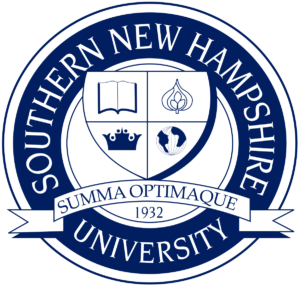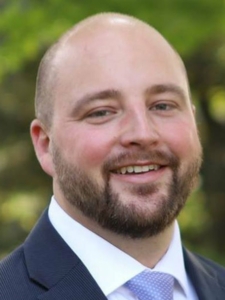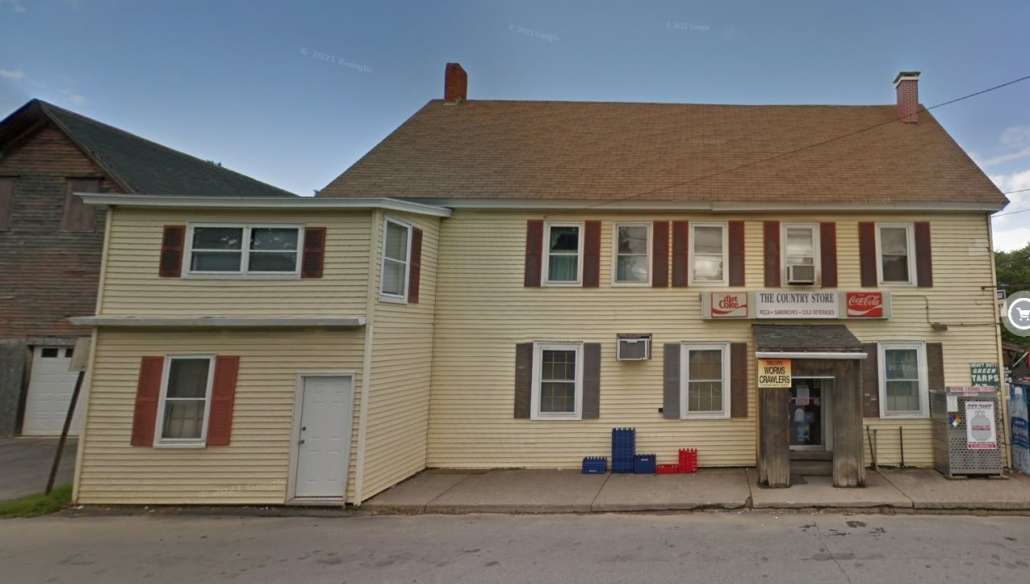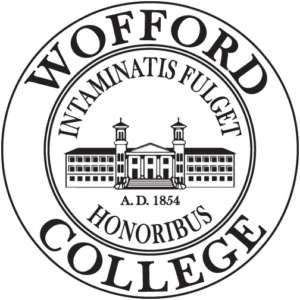Vassalboro select board members held their annual preliminary budget review the afternoon of Feb. 7, proposing several new expenditures and letting new town manager Aaron Miller show how quickly he is mastering the finances of a town he’s served only since Jan. 2.
No decisions were made on 2023-24 budget recommendations. Discussions continued at a Feb. 9 meeting and will continue at future meetings, with the budget committee scheduled to begin its deliberations in mid-March.
Voters make spending decisions at the annual open town meeting, set for 6:30 p.m. Monday, June 5. Annual elections and referendum voting will be Tuesday, June 13.
Select board chairman Barbara Redmond, who currently does not intend to run for another three-year term, proposed a minor and so far undefined cost increase: raising select board members’ pay from the current $1,100 a year. They put in “a lot of hours,” she said.
Chris French, who will be senior board member and presumably chairman in 2023-24, agreed. More generous compensation might encourage more younger people to run for the board, he suggested.
Town employees’ salaries were discussed in connection with the administration, transfer station and public works budgets, as talk bounced back and forth among those departments. Feb. 7 proposals were for a raise of either eight or 10 percent, varying from one department to another, each figure including a two percent step increase for continuing employees.
French and Miller believe the town needs two more employees, one full-time and one part-time.
French wants a new person who would work for public works and the transfer station, as needed – for example, driving a plow truck during storms and making sure the transfer station always has two attendants, as a safety measure.
Miller would like another town office employee who would regularly take over counter duties during lunch hour, would be available when an employee was on vacation or out sick and would be trained to fill in if an employee left.
Budget committee member Douglas Phillips asked from the audience if this employee could be shared with the school department.
There was agreement that both ideas need additional discussion, including with other department heads involved. Meanwhile, Miller will get cost estimates.
Other topics raised included:
- For the town office, the remodeled entry previously discussed (see the Feb. 9 issue of The Town Line, p. 3); Miller’s proposal to redo the lobby floors, at an estimated costs of $1,600, and add water-absorbent mats at the entrance; a new copier, with Miller and board member Rick Denico, Jr., recommending buying over leasing; and French’s proposal that the select board “go electronic,” working from laptops instead of paper.
- For public works, French’s proposal to start a reserve fund for the next new truck (Miller reported that the newest one arrived Feb. 8); and, briefly mentioned under the heading of longer-term capital improvements, a new trailer, a new truck and an addition to the public works garage.
- For the transfer station, the increase in tipping (disposal at a landfill) fees that took effect Jan. 1 (more than $4 a ton); and the hauling contract that expires in the coming budget year, leaving the future price uncertain.
Redmond said police chief Mark Brown has asked for 20 hours a week instead of 15, with a commensurate pay increase; and animal control officer Peter Nerber has asked for $300 a month instead of $250.
Vassalboro fire chief Walker Thompson talked about the volunteer fire department’s needs and about funding sources other than local taxes, like grant possibilities.
Thompson said he sees no need for a new firetruck for at least another five years, with luck. The most recent purchase will be paid off in three years, select board members figured; the annual payment is almost $72,000.
Miller commented that Vassalboro has only that one debt payment; not all Maine towns are in such good financial shape.
The chief would like a new boat. The current one, a 14-foot aluminum fishing boat, was a gift from Winslow in the 1990s; Thompson recommended a new boat designed for its proposed use. The old one, which has a new motor and a good trailer, could be sold; he expected it would appeal to a fisherman.
Thompson told select board members he hopes to earn a SHAPE (Safety and Health Award for Public Employers) award from the Department of Labor, which would require “a ton of work” but would make firefighters safer and reduce insurance costs. Vassalboro’s department is already very good and well organized, he said, but the goal is still worthwhile.
He also recommended doubling the fire chief’s $1,600 stipend (whether or not he is re-elected chief next month), citing his many duties and responsibilities besides fighting fires. French asked for an estimate of time spent on fire department business.
* * * * * *
Vassalboro select board members held their second budget discussion the evening of Feb. 9, adding almost three hours after Tuesday’s two-plus hours and still leaving major issues undecided.
A lack of information delayed some decisions. For example, town manager Aaron Miller is waiting to hear from the school department about a joint bid for diesel fuel, and he needed to ask First Responders’ chief Daniel Mayotte some budget questions.
Board members also need to reconcile differing opinions. How large an increase to recommend for town employees’ salaries is a major one.
Looking at a national cost of living increase (COLA) of about 6.5 percent, board chairman Barbara Redmond recommended a two percent step increase plus a four percent COLA for all employees, a 6 percent total. Board member Chris French thought the personnel policy and salary scale the board approved meant a six percent COLA plus a two percent step increase, for a total of eight percent.
Redmond said French’s interpretation would mean if inflation goes back to a negligible level, future annual pay increases would be only two percent. French fears Redmond’s interpretation would make it harder for Vassalboro to compete for employees.
Until salary recommendations are firm, amounts for the town’s share of Social Security and Medicare cannot be determined, as they are percentages of salaries.
Miller tentatively added $9,000 to the administration budget for temporary staff, as an alternative to the part-time position board members discussed two days earlier.
Discussion of the public works department continued after Road Foreman Eugene Field left the meeting to join his crew in dealing with Thursday evening’s snowstorm.
Before he left, Field reported that the new roadside mower ordered last year and due in February might not arrive until November, unless Field will settle for a rotary mower instead of the flail he prefers. Board members will need to discuss whether to budget for contracting out mowing for 2023, if a contractor with free time can still be found.
Field urged appropriating funds to pave Vassalboro’s dead-end gravel roads, as a way to save on future maintenance. Redmond is hesitant to approve the work for 2023-24, hoping paving costs will come down.
The Feb. 9 meeting included a re-review of transfer station issues (the proposed advisory committee, tipping fee increase and hauling contracts) and the police and fire departments (including the request for a new water rescue boat, which Redmond said will be on the Feb. 16 select board agenda).
From the audience, budget committee member Michael Poulin asked about a new item in the draft 2023-24 budget, the request from Delta Ambulance for $65,445, or $15 per resident (according to census data), to continue transporting Vassalboro patients.
The service has made comparable requests to all municipalities it serves. Board members do not know whether if some towns decide not to pay, the remaining towns’ requests will be increased. Miller said he has not heard that any other town has made a decision.
French said Vassalboro has few alternatives. Augusta’s ambulance service would charge more; Winslow’s service is not interested in adding Vassalboro; Waterville has not replied to the inquiry he sent just before their city manager resigned; and it would be extremely expensive for Vassalboro to start its own transport service.
Karen Hatch, Vassalboro’s new community programs director, explained her request for $63,123, an increase of over $9,000 from the current year. She is asking for more hours, and presented a list of proposed program and events.
In addition to the youth sports Vassalboro’s recreation program has sponsored for years, Hatch is adding activities for residents of all ages. Wednesday senior cribbage has started and Thursday evening cribbage is scheduled to be added March 2; Zumba classes at Vassalboro Community School are also to begin in March.
Planned summer events include a music series and a movie series. Hatch is looking for a location for a community garden and is seeking grant funds for an ice rink next winter.
Vassalboro Public Library Director Brian Stanley has asked for additional funds so the library can be open another six hours on Thursday afternoons. Board members want to see a more complete picture of the library’s finances before they discuss the increase.
Vassalboro select board members hold a regular meeting at 6:30 p.m. Thursday, Feb. 16.







 2023 Vassalboro ice fishing derby prizes
2023 Vassalboro ice fishing derby prizes